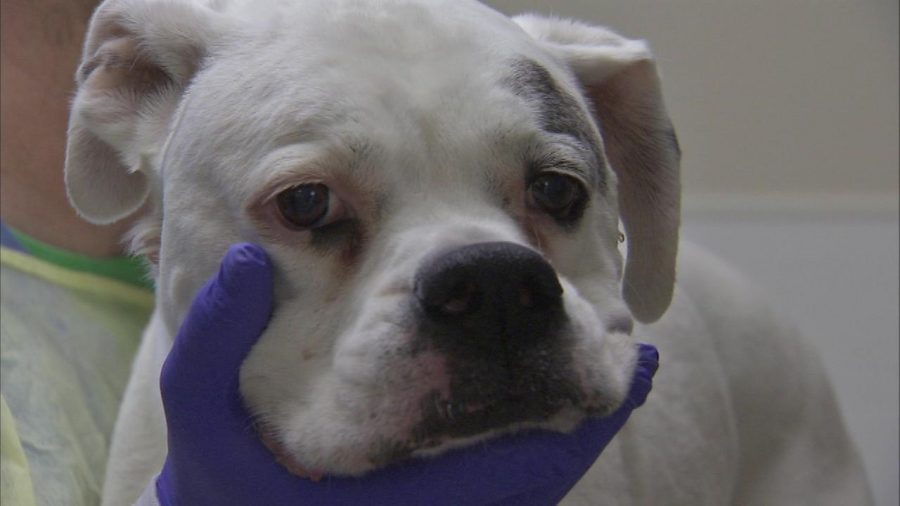There is confirmation of dog flu cases in Georgia, North and South Carolina, and Florida.
The disease is rarely lethal. Most dogs that become infected can fully recover within a few weeks after receiving the proper treatment. It is mostly spread through contact with contaminated surfaces or by coming in touch with another dog carrying the disease.

An infectious but rather harmless disease
This recent outbreak of H3N2 started in Florida, resulting in at least 12 confirmed cases. Officials believe that the disease spread mainly through dog breeding competitions. Now, dog show organizers at Georgia have upped up their precautions to avoid the disease from spreading after five confirmed cases in the state. Now, they are asking attendees to keep dog cages and equipment at least 20 feet from each other. They will also be providing hand sanitizer and gloves at the show.
Just like humans dogs sneeze and cough. Tiny sprays of a dog’s nasal fluid can travel several feet with a single sneeze, making infection not only possible through direct contact, but also through exposure to infected fluids. In that sense, if a dog licks a toy or a surface licked by an infected dog in less than two days, the virus will be transmitted almost certainly. 1 out of 5 infected dogs may not show any symptoms of the disease.

The best way to fight the disease would be to obtain a dog flu vaccine, although it may not offer full protection. What veterinarians guarantee is that, if there are any symptoms, the vaccine will make them less severe.
If your dog becomes infected, do not be alarmed. Dog flu can be treated just like the human flu. Plenty of rest, liquids, and medicines prescribed by a veterinarian are the best way to help your furry friend become healthy once more. In severe cases, the dog may be administered antibiotics, although this is rare due to the condition being just a minor hassle. Luckily, the disease cannot infect humans.
There are two major strains of dog flu. One of them evolved from the equine flu and the other from bird flu. At some point, there was no dog flu virus in the U.S., but cases started appearing in 2015. Even if it may worry dog owners to a certain extent, dog flu rarely causes any complications.
Most veterinarians advise owners to keep their dogs away from public places where other dogs congregate, such as parks and shows. That is where the risk of infection becomes the highest. Owners attending the upcoming dog events at the Georgia National Fairgrounds claim that they are not worried about the flu, even if it is at these events where the virus can spread more efficiently. Dogs can also get the disease in walks, mainly after they interact with other dogs.
Source: AJC
